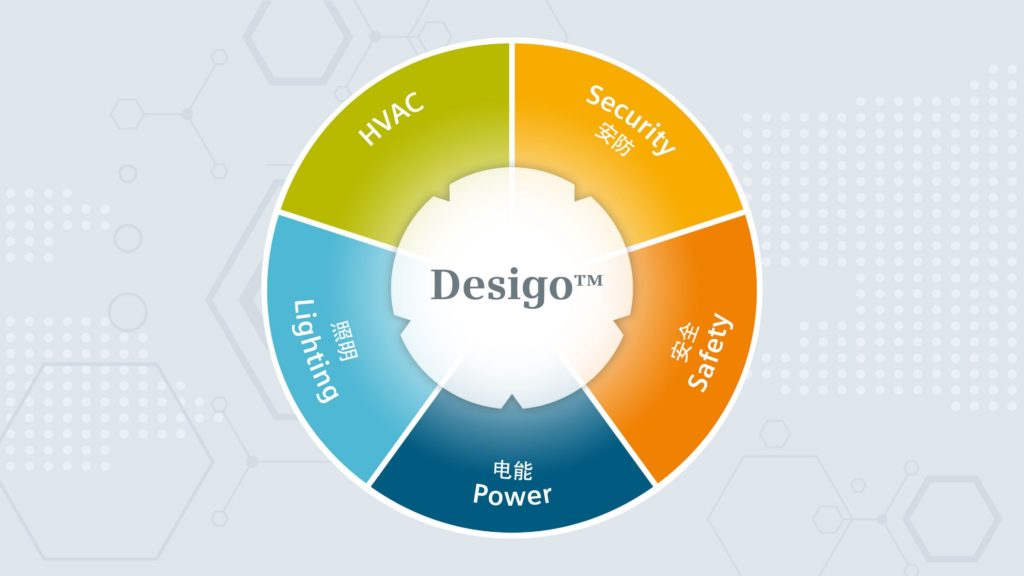1. EXECUTIVE SUMMARY
- CVSS v3 7.1
- ATTENTION: Exploitable from an adjacent network/low skill level to exploit
- Vendor: Siemens
- Equipment: SIMOTICS, Desigo, APOGEE, and TALON
- Vulnerability: Business Logic Errors
2. RISK EVALUATION
Successful exploitation of this vulnerability could allow an attacker to affect the availability and integrity of the device.
3. TECHNICAL DETAILS
3.1 AFFECTED PRODUCTS
Siemens reports the vulnerability affects the following products and versions:
- APOGEE MEC/MBC/PXC (P2): All versions prior to 2.8.2
- APOGEE PXC Series (BACnet): All versions, 3.0 and newer
- APOGEE PCX Series (P2): All versions, 2.8.2 and newer
- Desigo PXC (Power PC): All versions, 2.3x and newer
- Desigo PXM20 (Power PC): All versions, 2.3x and newer
- SIMOTICS CONNECT 400: All versions prior to 0.3.0.330
- TALON TC Series (BACnet): All versions, 3.0 and newer
3.2 VULNERABILITY OVERVIEW
3.2.1 BUSINESS LOGIC ERRORS CWE-840
The affected products could allow an attacker to change the IP address of the device to an invalid value. This may allow an attacker to make device configuration changes and affect its availability.
CVE-2019-13939 has been assigned to this vulnerability. A CVSS v3 base score of 7.1 has been assigned; the CVSS vector string is (AV:A/AC:L/PR:N/UI:N/S:U/C:N/I:L/A:H).
3.3 BACKGROUND
- CRITICAL INFRASTRUCTURE SECTORS: Chemical, Critical Manufacturing, Energy, Food and Agriculture, Water and Wastewater Systems
- COUNTRIES/AREAS DEPLOYED: Worldwide
- COMPANY HEADQUARTERS LOCATION: Germany
3.4 RESEARCHER
Siemens reported this vulnerability to CISA.
4. MITIGATIONS
Siemens recommends the following mitigations and workarounds for the following products:
- Disable the DHCP client and use static IP address configuration instead (Note that the DHCP client is disabled by default on APOGEE/TALON and Desigo products).
- APOGEE MEC, MBC, PXC: Use static IP address configuration.
- APOGEE PXC Series, TALON TC Series, and Desigo products: If using static IP address is not possible, please contact a Siemens support office.
- SIMOTICS CONNECT 400: Update to v0.3.0.330
As a general security measure Siemens strongly recommends users protect network access to affected products with appropriate mechanisms. Users are advised to follow recommended security practices in order to run the devices in a protected IT environment.
For more information see Siemens Security Advisory SSA-162506
CISA recommends users take defensive measures to minimize the risk of exploitation of this vulnerability. Specifically, users should:
- Minimize network exposure for all control system devices and/or systems, and ensure that they are not accessible from the Internet.
- Locate control system networks and remote devices behind firewalls, and isolate them from the business network.
- When remote access is required, use secure methods, such as Virtual Private Networks (VPNs), recognizing that VPNs may have vulnerabilities and should be updated to the most current version available. Also recognize that VPN is only as secure as the connected devices.
CISA reminds organizations to perform proper impact analysis and risk assessment prior to deploying defensive measures.
CISA also provides a section for control systems security recommended practices on the ICS webpage on us-cert.gov. Several recommended practices are available for reading and download, including Improving Industrial Control Systems Cybersecurity with Defense-in-Depth Strategies.
Additional mitigation guidance and recommended practices are publicly available on the ICS webpage on us-cert.gov in the Technical Information Paper, ICS-TIP-12-146-01B–Targeted Cyber Intrusion Detection and Mitigation Strategies.
Organizations observing any suspected malicious activity should follow their established internal procedures and report their findings to CISA for tracking and correlation against other incidents.
No known public exploits specifically target this vulnerability.
Source:
